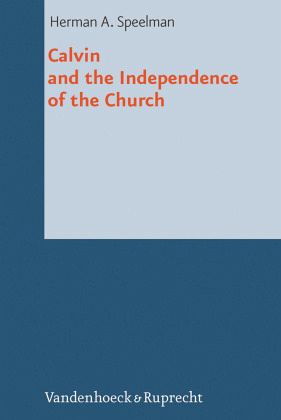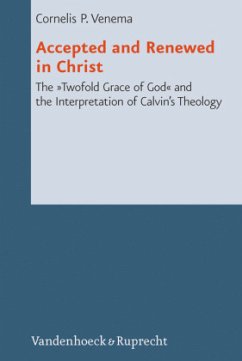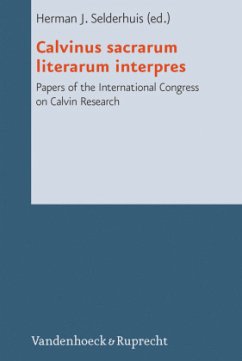Nicht lieferbar

Calvin and the Independence of the Church
Dissertationsschrift
Versandkostenfrei!
Nicht lieferbar
Herman Speelman deals with a central question in the intellectual history of the sixteenth century: to what extent can Calvin be regarded as responsible for the tendency in Calvinism or, broader, in Reformed Protestantism, to form a church which has its own ecclesiastical organization and office bearers? So far, claiming a great deal of independence for the church has been considered an important aspect of Calvin's legacy. In this line of reasoning, it is assumed that Calvin was a strong opponent of the church as a state organization that did not have its own governing body and power of excomm...
Herman Speelman deals with a central question in the intellectual history of the sixteenth century: to what extent can Calvin be regarded as responsible for the tendency in Calvinism or, broader, in Reformed Protestantism, to form a church which has its own ecclesiastical organization and office bearers? So far, claiming a great deal of independence for the church has been considered an important aspect of Calvin's legacy. In this line of reasoning, it is assumed that Calvin was a strong opponent of the church as a state organization that did not have its own governing body and power of excommunication.To better understand this issue, we first examine the position of the church within the city-state of Bern. Secondly, we direct our attention to the manner in which Calvin gave form to ecclesiastical life in Geneva. Next we deal with the church in France, and finally, we examine the influence of Calvin and French Calvinism on the organization of the Reformed church in The Netherlands in the 1570s.










